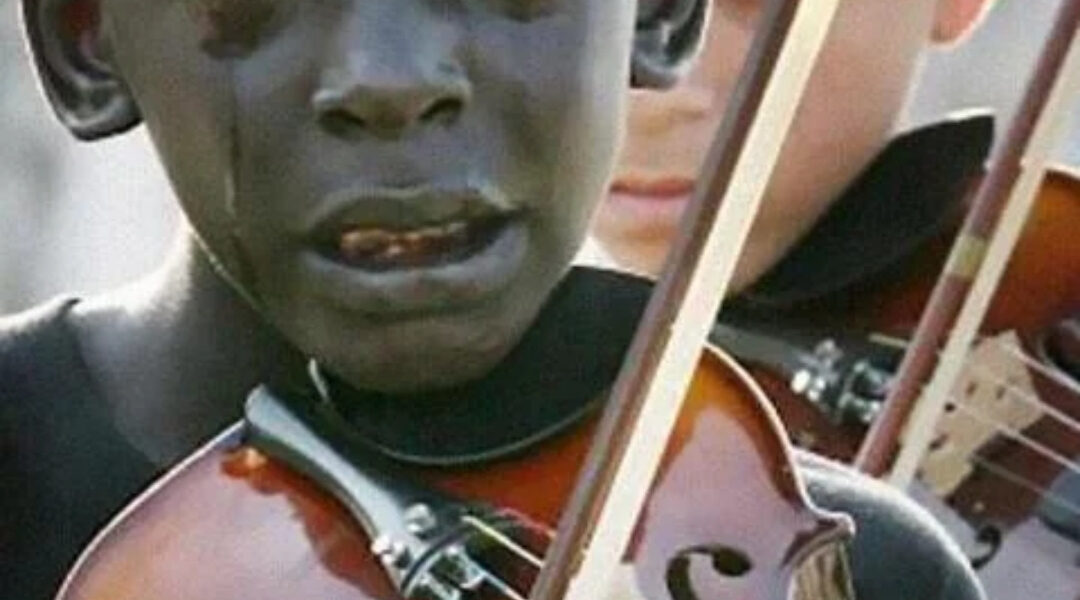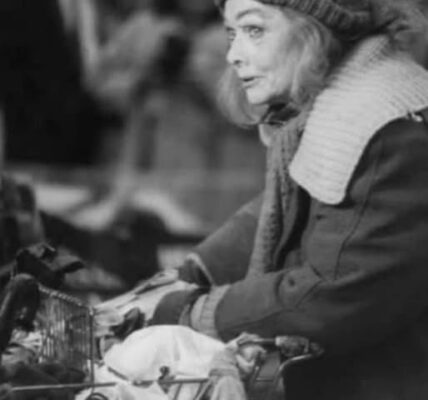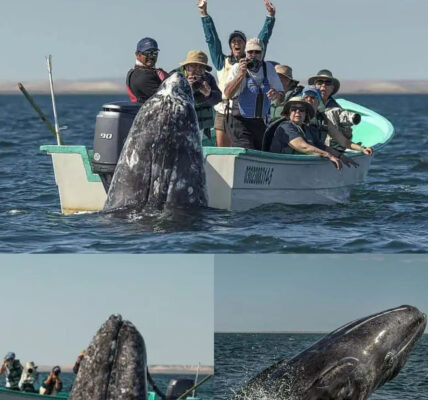The square was crowded that afternoon, yet silent in a way that felt almost sacred. Hundreds of people stood shoulder to shoulder, but none spoke. The sun dipped low, casting a soft golden wash over the scene. And in the middle of it all stood a boy with a violin pressed to his shoulder, his hands trembling, his chin quivering as he tried — and failed — to hold back tears.

He was only twelve.
Just a child, but his eyes carried a grief far older.
He raised the bow.
The first note slipped out like a whisper — thin, fragile, shaking under the weight of everything he felt but could not say. Then the next note followed, fuller, richer, but soaked in sorrow. Each sound seemed to rise into the air and linger there, suspended, as if the world itself refused to let the moment pass too quickly.
People in the crowd closed their eyes. Some pressed their hands to their faces. Others simply stared, transfixed, by the sight of a boy who was both breaking and becoming whole at the same time.
He was playing for the person who saved his life.
Not with medicine.
Not with money.
But with something far more powerful: belief.
The boy had grown up in a neighborhood where childhood was short and danger was long. Streets where kids learned to run before they learned to read. Days filled with noise — shouting, sirens, arguments, the endless hum of survival.
Music was not part of that world.
Dreams were not part of that world.
But one afternoon, while wandering the neighborhood, he heard something unfamiliar drifting from an open classroom window. A sound soft and warm, unlike anything he knew. It stopped him in his tracks. The melody curled its fingers around his heart and pulled him closer until he was standing at the doorway, peeking inside.
There, surrounded by a circle of children, was a teacher with a violin tucked beneath his chin, bow gliding gently across strings. The boy stared, wide-eyed, unable to look away.
The teacher noticed him.

Instead of sending him off, he smiled and gestured for him to come in.
The boy hesitated — no one had ever invited him into anything. But something in the teacher’s eyes made him step forward.
That single step changed his life.
From that day on, the teacher became a lighthouse in the boy’s storm. He offered not pity, but purpose. Not charity, but challenge. He placed a violin in the boy’s hands the way someone might place a key in a lock, hoping it might open a door he never knew existed.
At first, the instrument felt strange — too fragile for his rough hands, too beautiful for his world. But the teacher guided him, correcting his grip, adjusting his posture, teaching him how to coax music out of wood and wire.
The boy practiced every afternoon.
He practiced until his fingers hurt.
Until his bow arm ached.
Until he could make the violin sing.
The teacher told him, “Your life can change if you learn how to tell your own story.”
And slowly, note by note, the boy began to believe him.
Music became his refuge, his shield, his escape.
A way out of the chaos.
A way into himself.
Others in the neighborhood noticed the change. The boy walked straighter. Looked calmer. His eyes carried a different kind of fire — not the fear of being hunted by circumstances, but the determination to rise above them.
It was the teacher who made that possible.
So when the teacher passed away unexpectedly, the boy’s world cracked open.
He didn’t understand how someone so full of life, so full of purpose, could simply… vanish. How the voice that once called his name with pride had gone quiet forever.
When they asked the students to play at the funeral, he stepped forward before anyone else could speak.
He knew he had to be there.
He knew he had to play.
He knew this was the only way he could say thank you.
And so, in the heart of the city, with the whole community watching, the boy lifted his bow and poured his soul into every note.
He played the piece his teacher loved most — the one they practiced again and again until it felt stitched into his bones. The one that had once frustrated him, then challenged him, and finally taught him the meaning of discipline and devotion.
As he played, memories rose with the music:
The first time he held a violin.
The first time he played a clear note.
The first time the teacher placed a hand on his shoulder and said, “I’m proud of you.”
He felt the weight of all those moments pressing against his chest, threatening to break him. But he kept going. Because this — this was the last gift he could give.
Tears streamed down his cheeks as he played on. His hands shook. His breathing faltered. But the melody never stopped.
When the song finally ended, the last note hung in the air like a prayer.
A hush fell over the crowd.

Somewhere in that silence, the boy lowered his violin — and for a moment, he looked as if the world were both heavier and lighter at the same time.
People said it was the most emotional photograph of modern times: a boy standing in sunlight, violin in hand, face streaked with grief, yet glowing with love.
But those who were there said something even deeper:
That day, they witnessed what happens when kindness takes root in a child’s heart — and grows into something extraordinary.
Because in the end, the teacher did not just teach him music.
He taught him compassion.
He taught him courage.
He taught him that even in poverty, even in hardship, beauty can still be born.
And through that boy’s trembling hands, through that violin’s fragile song, the world heard a truth it must never forget:
“Cultivate love in a child, and you plant the seeds of a better future.
Plant compassion, and you build a better nation.”
And sometimes, it only takes one person — one teacher — to change the entire story of a child’s life.




